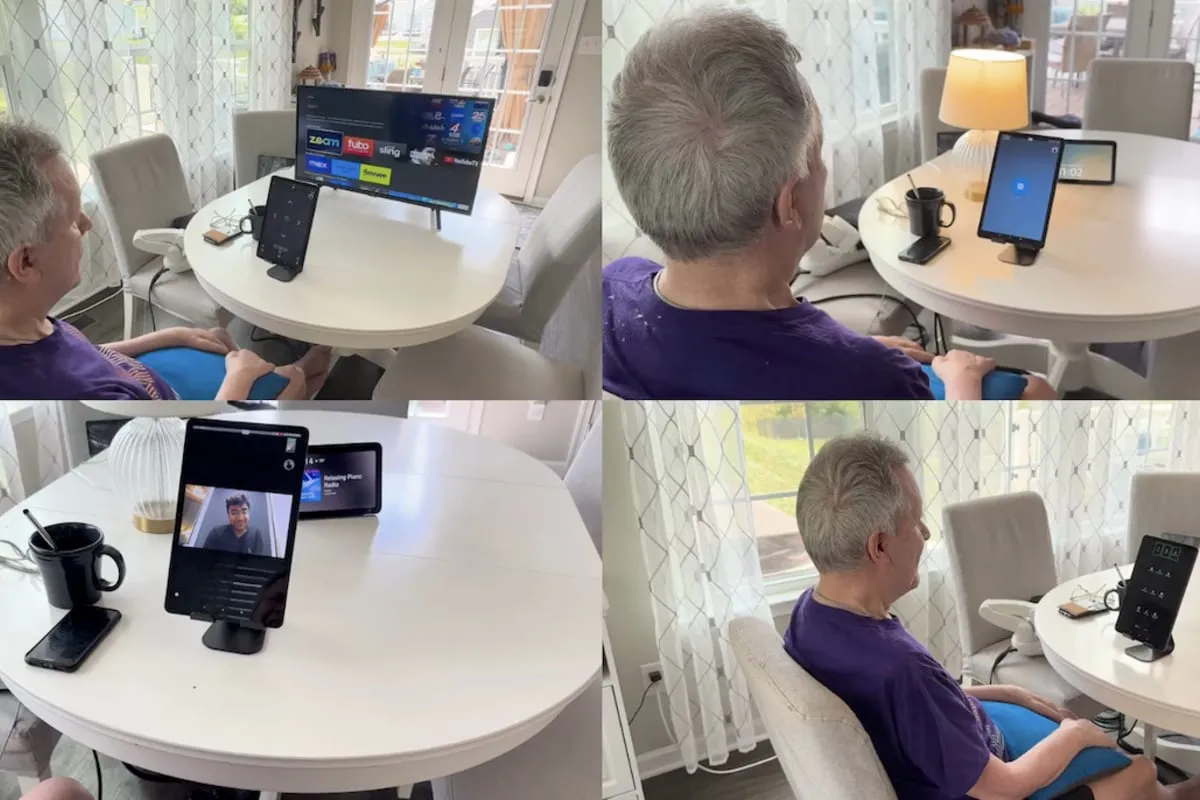Empowering ALS Patients: Controlling Amazon's Alexa with a Brain Implant

Introduction to Brain Implant Technology
Brain implant technology has emerged as a powerful solution for individuals suffering from ALS. In a groundbreaking development, a patient can now control Amazon's Alexa digital assistant entirely through thought. This innovation not only allows the patient to stream shows and control smart devices but also represents a significant leap in assistive technology.
How the Brain Implant Works
This brain implant interprets neural signals, translating them into commands for Alexa. As a result, users can interact effortlessly with their devices without physical movement.
Benefits for ALS Patients
- Increased independence: Patients can manage their environment with ease.
- Improved quality of life through technology integration.
- Opportunity to engage with entertainment and information directly.
Future Implications of Brain-Computer Interfaces
The success of this brain implant opens doors to future innovations in brain-computer interfaces. As research continues, further enhancements may make this technology accessible to more patients facing similar challenges.
This article was prepared using information from open sources in accordance with the principles of Ethical Policy. The editorial team is not responsible for absolute accuracy, as it relies on data from the sources referenced.